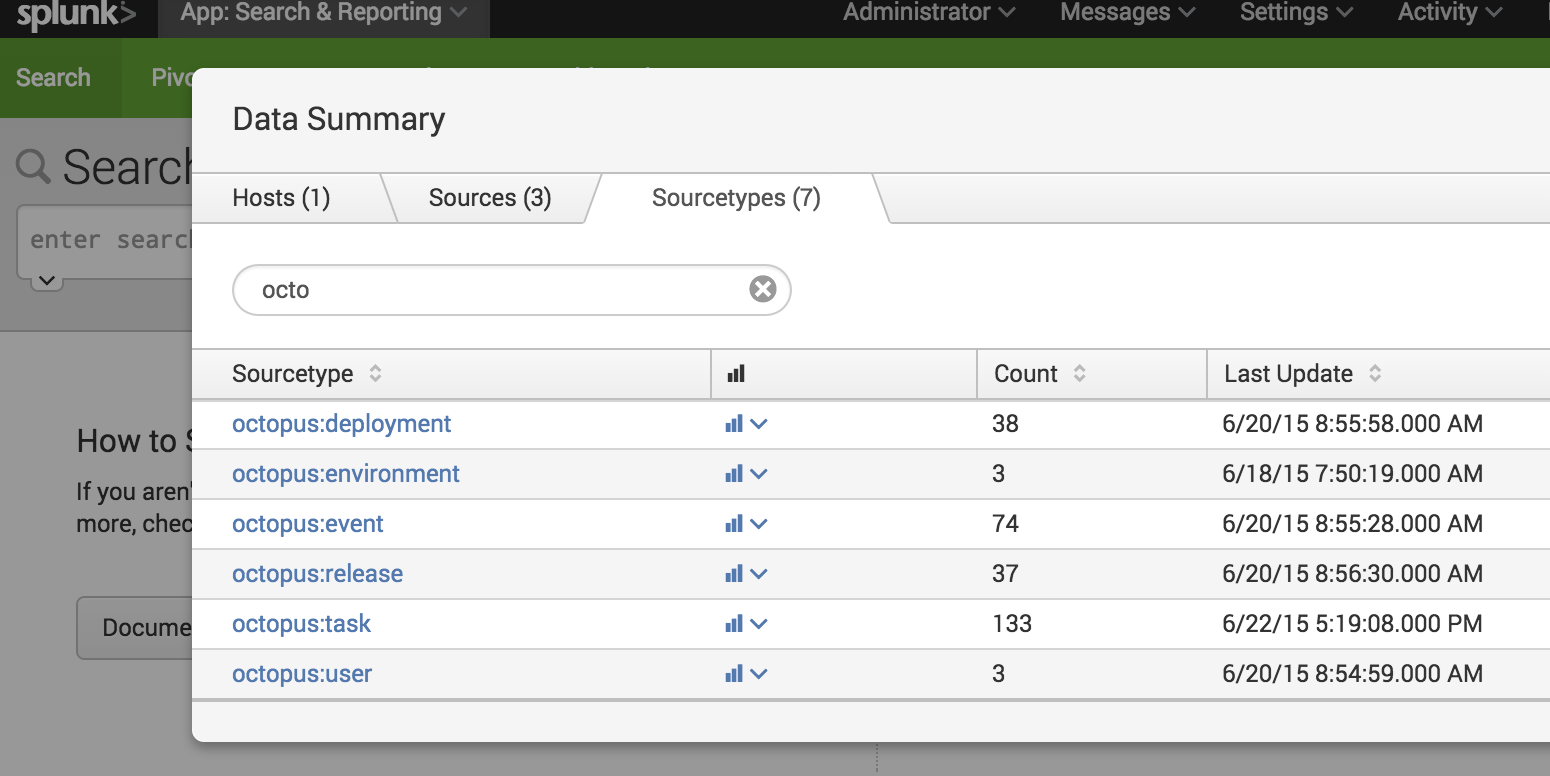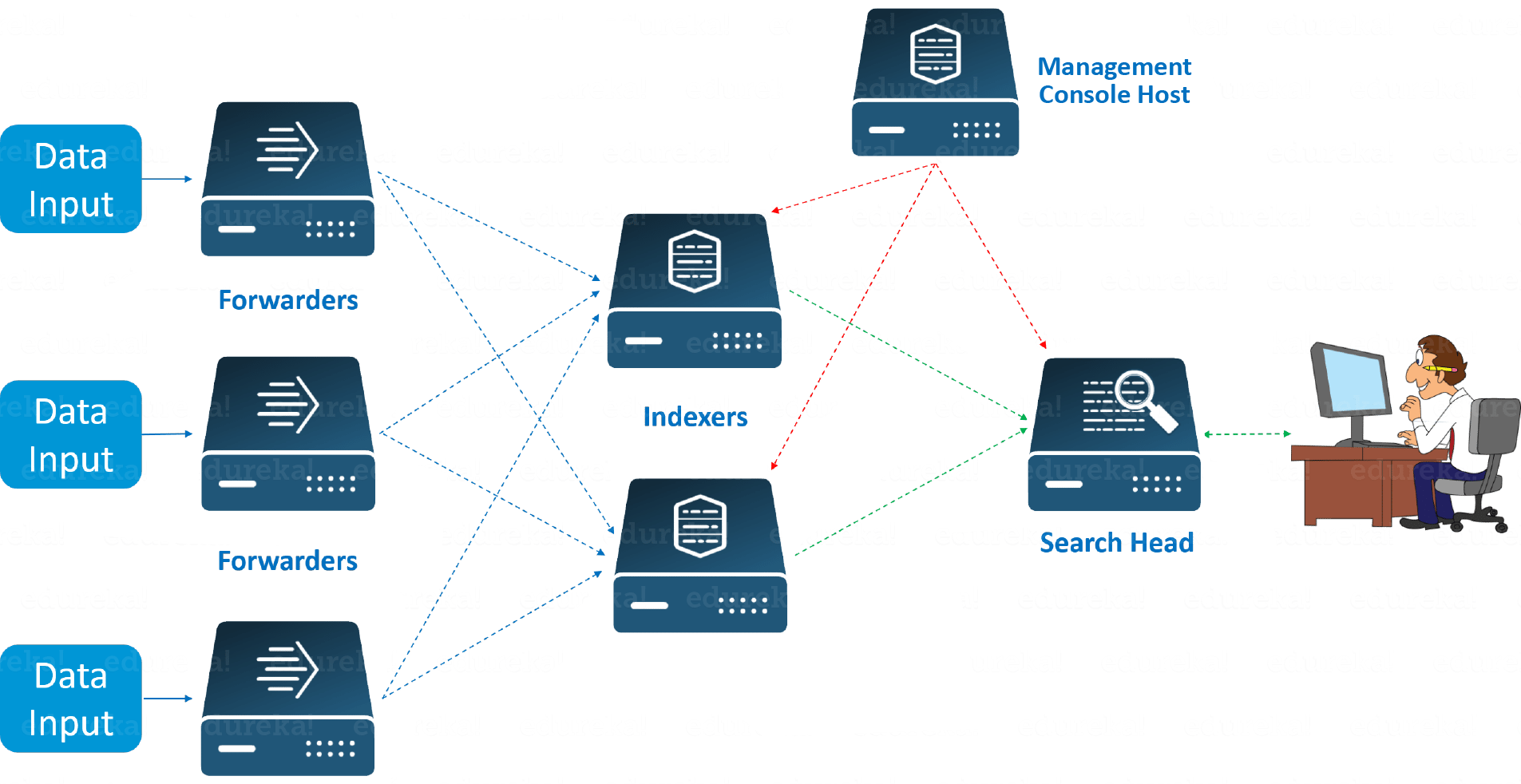

Sorts search results by the specified fields. Now I'm trying to get the event where the policy1 has the status="failure", it gives both the events index=test Unlike the spreadsheet example, with Splunks sort, you can manipulate based on. In the other event the values are reversed. In this blog, an effective solution to deal with below. spath is very useful command to extract data from structured data formats like JSON and XML.

You must add field=xml to the end of your search.I have below two JSON events where under "appliedConditionalAccessPolicies", in one event policy1 has results =failure and policy2 has results=notApplied. In this blog we are going to explore spath command in splunk. Splunk has built powerful capabilities to extract the data from JSON and provide the keys into field names and JSON key-values for those fields for making JSON key-value (KV) pair accessible.

You can use the makeresults command to test xpath extractions. Go to Settings -> Fields -> Field extractoins -> New. | xpath outfield=instrument_id "//DataSet/instrument_id"īecause you specify sname='BARC', this search returns one result: instrument_id=912383KM1. To extract a combination of two elements, sname with a specific value and instrument_id, use this search: This search returns two results: identity_id=3017669 and identity_id=1037669. | xpath outfield=identity_id "//DataSet/identity_id" Extract multiple values from _raw XML eventsĮxtract multiple values from _raw XML eventsĮxtract the values from the identity_id element from the _raw XML events: In this blog, an effective solution to deal with below mentioned. Sourcetype="xml" | xpath outfield=name 2. spath is very useful command to extract data from structured data formats like JSON and XML. Splunk Answers Splunk Platform Products Splunk Enterprise spath command spath. You want to extract values from a single element in _raw XML events and write those values to a specific field.Įxtract the nickname values from _raw XML events. Here is an example of the data Im working with. Extract values from a single element in _raw XML events

The xpath command supports the syntax described in the Python Standard Library 19.7.2.2. The xpath command is a distributable streaming command. Solution Use the spath command, to extract values from XML- and JSON-formatted data. Problem You need to report on data formatted in XML or JSON. If this isn't defined, there is no default value. Prepare yourself for the industry by going through Splunk Interview Questions and Answers now Reporting on Fields Inside XML or JSON. sizeval See the splunk help about xpath and spath - the examples are good. Default: xpath default Syntax: default= Description: If the attribute referenced in xpath doesn't exist, this specifies what to write to the outfield. Extract Fields From JSON Data in Splunk The spath command enables you to. Default: _raw outfield Syntax: outfield= Description: The field to write, or output, the xpath value to. For example from your event extracted a filed mydata using rex and then pass it to spath. In addition this feature has some issues with SPATH compatibility: 'Note that enabling this will make json indextime extracted array fiels names inconsistant with spath search processors naming convention. From your event, extract the JSON part to a field and then do spath to process that. Optional arguments field Syntax: field= Description: The field to find and extract the referenced xpath value from. (But you can try to ingest the example data with Splunk Enterprise and it should work). Required arguments xpath-string Syntax: Description: Specifies the XPath reference. Extracts the xpath value from field and sets the outfield attribute.


 0 kommentar(er)
0 kommentar(er)
